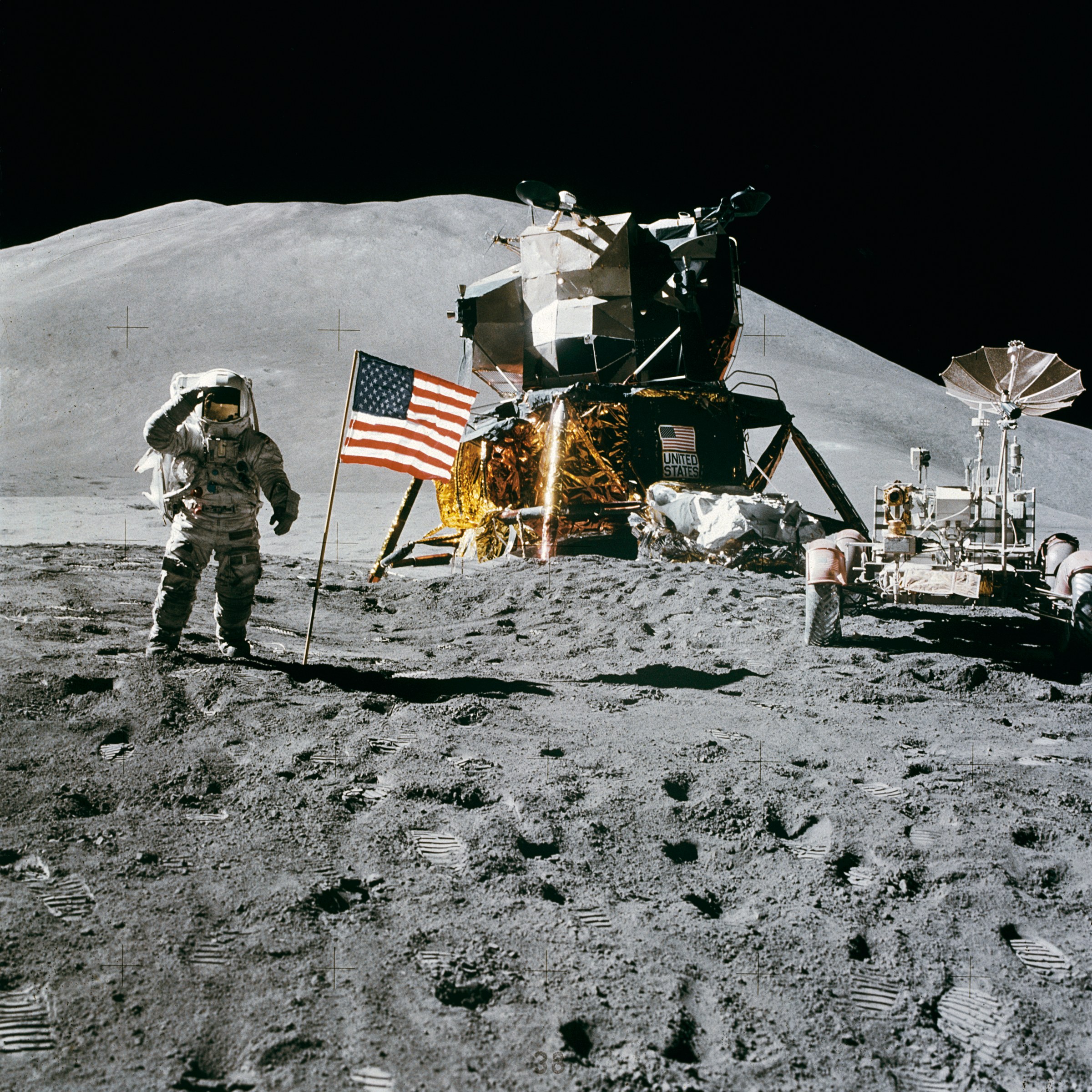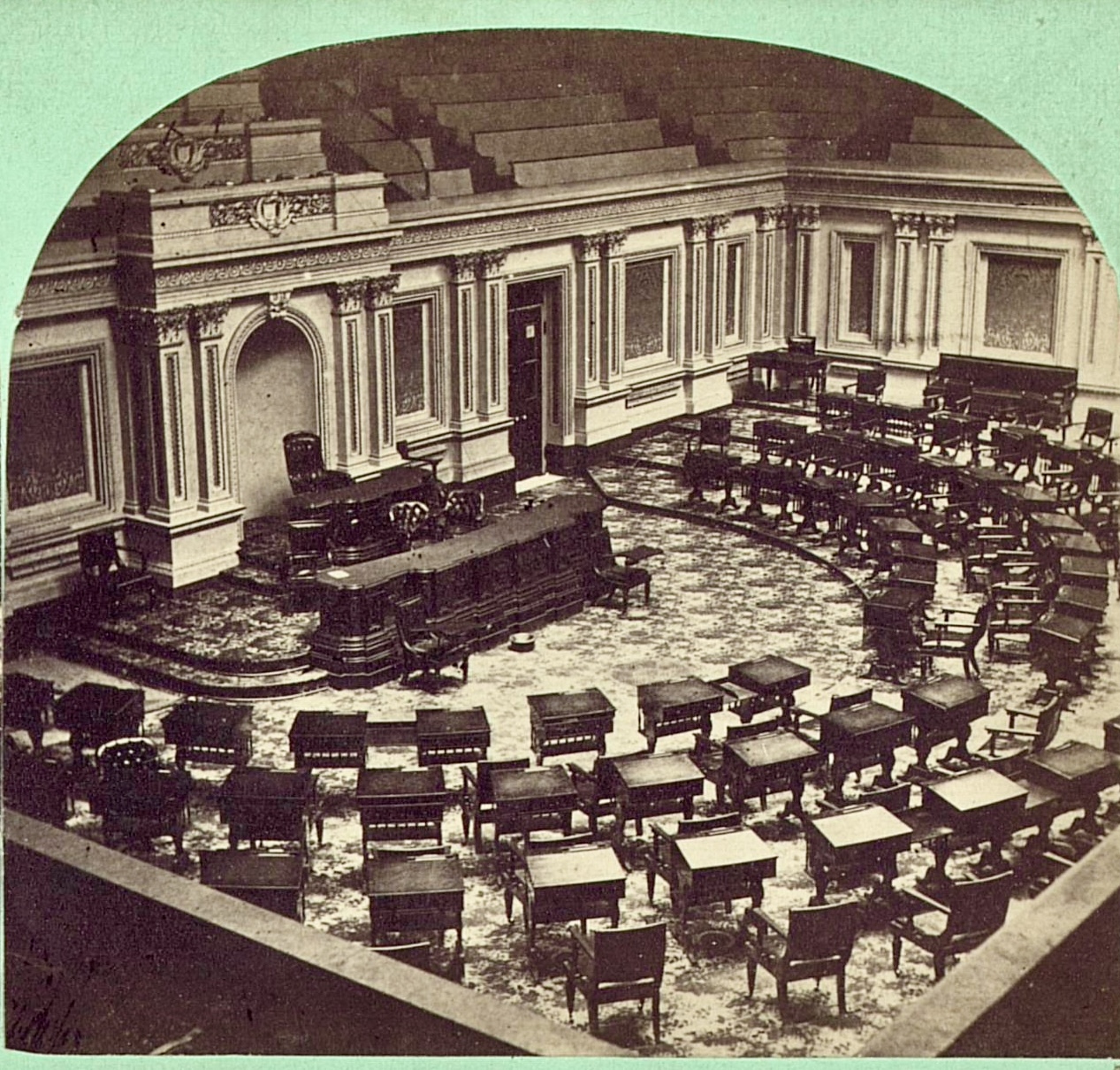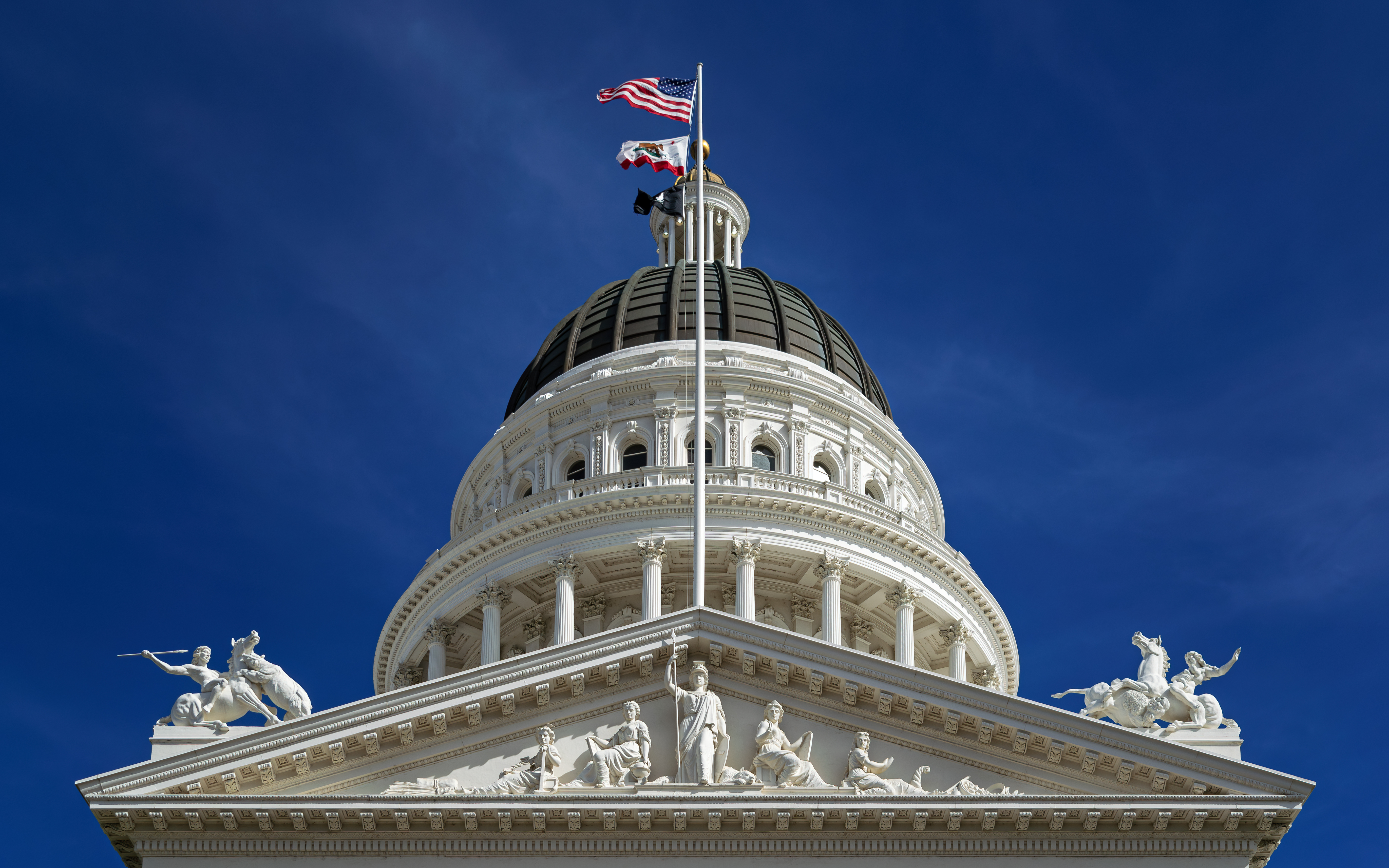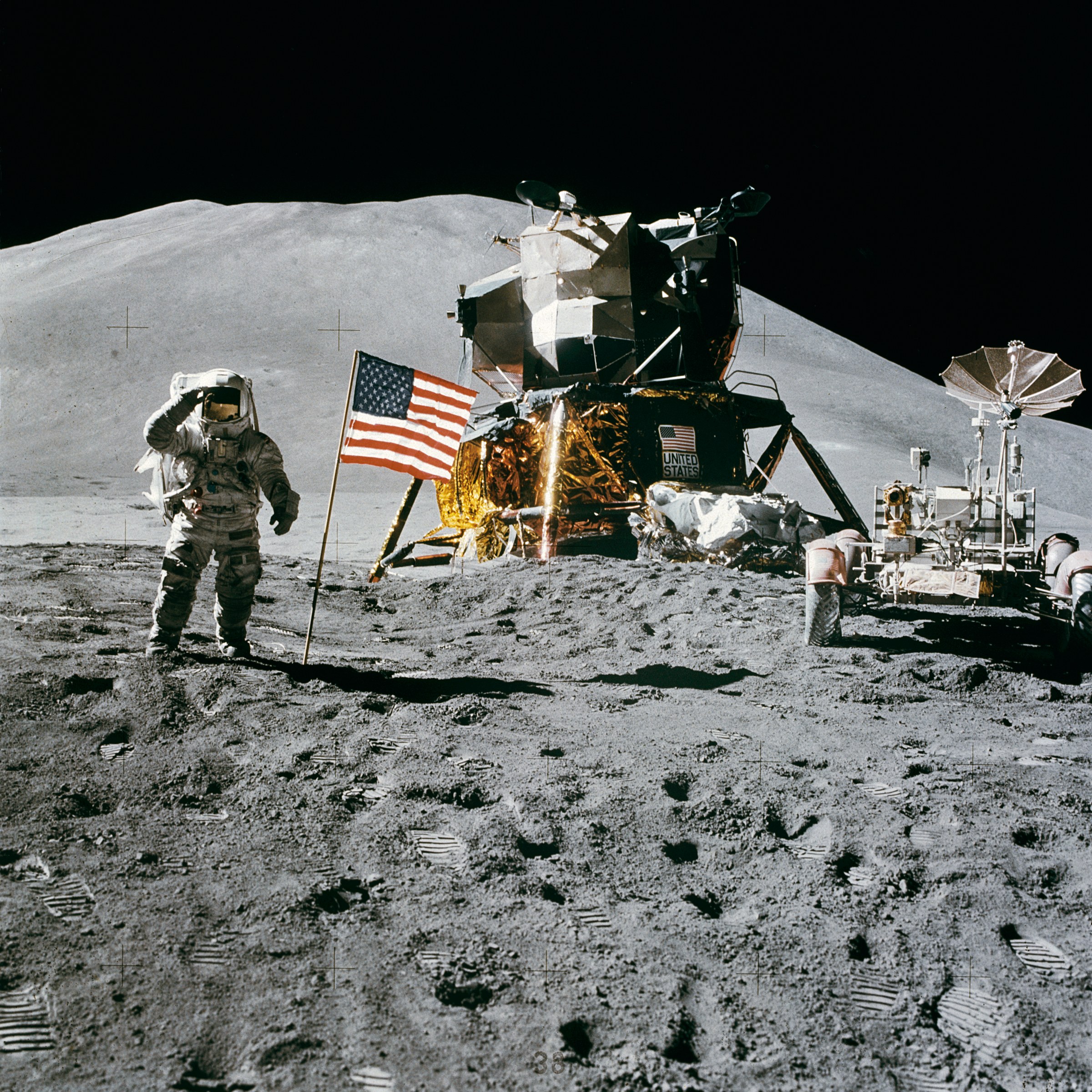The United Nations building in Manhattan has long served as ground zero for America’s diplomatic humiliation—a gleaming tower where our tax dollars fund climate hysteria and gender ideology while our enemies mock American weakness. But Ambassador Mike Waltz’s first major interview signals those dark days are ending.
In an exclusive conversation, Waltz delivered a masterclass in America First diplomacy, declaring his mission to “cut out the nonsense” and restore the UN to its original charter of preventing wars rather than advancing progressive activism. His assessment of President Trump as “the President of Peace” wasn’t diplomatic flattery—it was a strategic declaration that American leadership has returned to the world stage.
The contrast couldn’t be starker. For four years, we watched the Biden administration genuflect before international bureaucrats, apologizing for American success while funding every woke initiative the global elite could devise. Climate reparations, gender quotas, and sovereignty-crushing treaties became the norm as America’s voice grew weaker with each passing summit.
Waltz’s approach represents a fundamental pivot. Rather than abandoning international institutions entirely, Trump’s team is weaponizing America’s position to force these organizations back to their founding purposes. It’s political jujitsu at its finest—using the UN’s own charter against the progressive activists who have hijacked it for decades.
The ambassador’s insights into Trump’s diplomatic style reveal why this strategy works. When Trump’s teleprompter malfunctioned during a recent speech, Waltz noted it became an asset rather than a liability. Unscripted American leadership, backed by constitutional principles and economic strength, cuts through diplomatic theater like a hot knife through butter.
This authenticity explains why world leaders “trust” Trump despite their mutual animosity—a phenomenon that baffled establishment observers but makes perfect sense through an America First lens. Predictable strength creates stability. When allies and adversaries alike know America will defend its interests without apology, they can calculate their own positions accordingly.
The economic implications are profound. Every dollar we’ve wasted on UN climate programs and social engineering initiatives can now flow toward genuine peacekeeping and American priorities. Every bureaucrat focused on pronouns instead of preventing conflicts represents resources that can be redirected toward results.
Waltz’s commitment to “get back to basics” echoes Reagan’s approach to international relations—peace through strength, backed by moral clarity and economic leverage. The Gipper understood that American leadership isn’t about winning popularity contests in faculty lounges; it’s about creating conditions where freedom and prosperity can flourish.
The constitutional framework supports this approach completely. The Founders envisioned America as a beacon of liberty, not a subsidiary of international bureaucracies. When we allow foreign bodies to dictate American policy—whether through climate accords or migration compacts—we violate the basic principle that American citizens govern themselves through their elected representatives.
Patriots should watch how quickly this transformation unfolds. Waltz’s early signals suggest a comprehensive dismantling of the UN’s woke infrastructure, replaced by laser focus on preventing actual conflicts between actual nations. Instead of funding studies on climate anxiety, we’ll broker peace deals. Instead of debating bathroom policies, we’ll secure trade agreements.
The broader implications extend far beyond Turtle Bay. When America leads with confidence at the UN, it signals to allies and adversaries worldwide that the era of managed decline has ended. Our enemies will adjust their calculations accordingly, while our friends will remember why they valued American partnership in the first place.
This isn’t just diplomatic strategy—it’s a restoration of American greatness on the world stage. Ambassador Waltz understands that the best way to reform corrupt institutions isn’t to abandon them, but to force them back to their original missions through relentless American leadership.
The President of Peace has returned, and the world is already taking notice.





